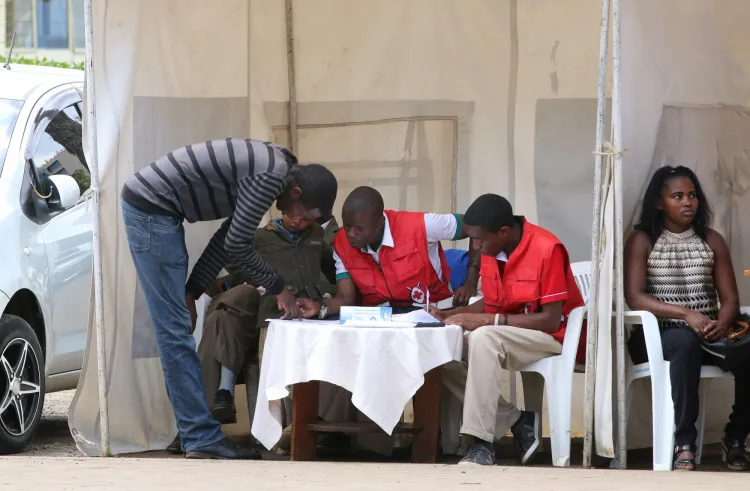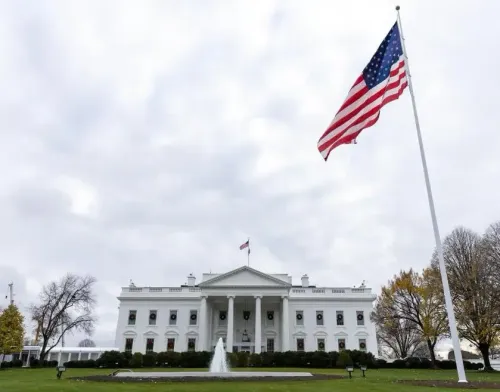Kenya Enhances Monkeypox Response Amid New Cases

Synopsis
Key Takeaways
- Kenya confirmed two new monkeypox cases, totaling 33.
- The outbreak spans 12 counties.
- Enhanced surveillance and contact tracing efforts are underway.
- 225 contacts identified, with 216 monitored.
- Public health campaigns are in progress.
Nairobi, Jan 17 (NationPress) The Ministry of Health in Kenya confirmed two additional cases of monkeypox on Friday, bringing the national total to 33. The ministry has announced that it is ramping up public health initiatives to effectively identify and limit the spread of the virus.
Mary Muthoni, the Principal Secretary in the Ministry of Health, stated in a press release from Nairobi, the capital city, that the new cases were detected in Kericho County in the northwest and Taita Taveta County along the coast.
Muthoni highlighted that the outbreak has now affected 12 counties, prompting the ministry to intensify measures to control its dissemination through improved surveillance and thorough contact tracing.
“To enhance our response in the impacted areas, the ministry, in partnership with county authorities and other stakeholders, is conducting active case searches, contact tracking, and managing symptoms of confirmed infections, which includes offering mental health and psychosocial support to those infected or affected,” she remarked.
As of now, 225 contacts have been traced, with 216 of them under observation for the recommended 21 days. Since the outbreak began, more than 2.9 million travelers have been screened at entry points.
Muthoni also mentioned that public health campaigns aimed at educating citizens on monkeypox prevention and control are currently in progress, as reported by Xinhua news agency.
With schools reopening across the nation, the ministry expressed concerns about the heightened risk of monkeypox among children, who may face more severe symptoms due to their developing immune systems. She noted that both the education and health ministries have put strict health protocols in place in schools to address this risk.
Monkeypox is a contagious disease characterized by a painful rash, swollen lymph nodes, fever, headaches, muscle pain, backaches, and fatigue. The majority of individuals recover fully, although some may become severely ill.
Caused by the Monkeypox Virus (MPXV), it is a double-stranded DNA virus belonging to the Orthopoxvirus genus within the Poxviridae family, which also includes variola, cowpox, vaccinia, and other viruses. The virus has two primary clades: clade I (with subclades Ia and Ib) and clade II (with subclades IIa and IIb).
A global outbreak of clade IIb commenced in 2022 and persists today, affecting several African nations. There are also increasing outbreaks of clades Ia and Ib impacting the Democratic Republic of the Congo and other African countries.
The natural reservoir for the virus remains unidentified, though various small mammals, including squirrels and monkeys, are believed to be susceptible.










